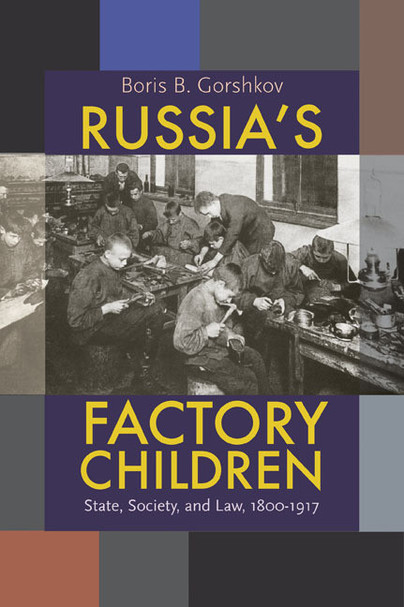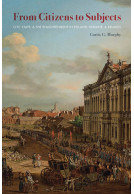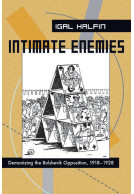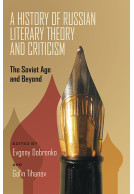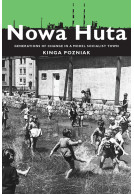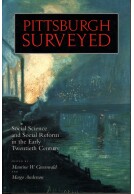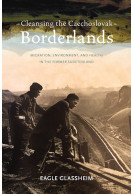Russia's Factory Children (Paperback)
State, Society, and Law, 1800–1917
Imprint: University of Pittsburgh Press
Series: Russian and East European Studies
Pages: 228
ISBN: 9780822960485
Published: 30th October 2009
Script Academic & Professional
Series: Russian and East European Studies
Pages: 228
ISBN: 9780822960485
Published: 30th October 2009
Script Academic & Professional
You'll be £41.00 closer to your next £10.00 credit when you purchase Russia's Factory Children. What's this?
+£4.99 UK Delivery or free UK delivery if order is over £40
(click here for international delivery rates)
Need a currency converter? Check XE.com for live rates
(click here for international delivery rates)
Need a currency converter? Check XE.com for live rates
At the height of the Russian industrial revolution, legions of children toiled in factories, accounting for fifteen percent of the workforce. Yet, by the end of the nineteenth century, their numbers had been greatly reduced, thanks to legislation that sought to protect the welfare of children for the first time. Russia's Factory Children presents the first English-language account of the changing role of children in the Russian workforce, from the onset of industrialization until the Communist Revolution of 1917, and profiles the laws that would establish children's labor rights.In this compelling study, Boris B. Gorshkov examines the daily lives, working conditions, hours, wages, physical risks, and health dangers to children who labored in Russian factories. He also chronicles the evolving cultural mores that initially welcomed child labor practices but later shunned them. Through extensive archival research, Gorshkov views the evolution of Russian child labor law as a reaction to the rise of industrialism and the increasing dangers of the workplace. Perhaps most remarkable is his revelation that activism, from the bourgeoisie, intellectuals, and children themselves, led to the conciliation of legislators and marked a progressive shift that would impact Russian society in the early twentieth century and beyond.
Other titles in the series...
Other titles in University of Pittsburgh Press...







